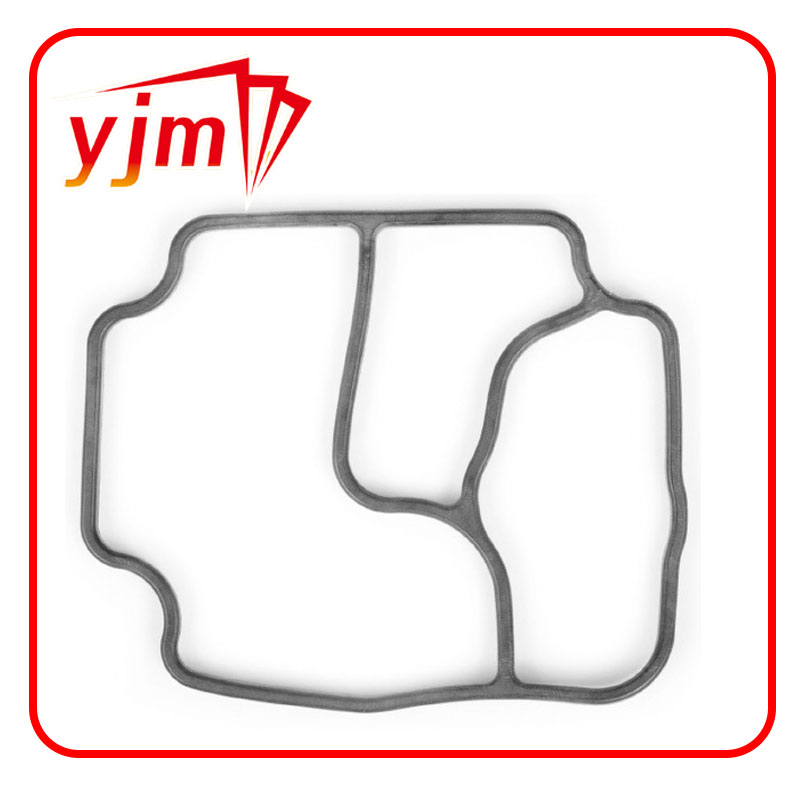Choosing the Ideal Gasket Material for Oil Pan Applications for Optimal Performance and Durability
Choosing the Best Gasket Material for Oil Pans
When it comes to maintaining the integrity of your vehicle's engine, one crucial element often overlooked is the oil pan gasket. The gasket serves as a seal between the oil pan and the engine block, preventing leaks and ensuring that the engine maintains its oil supply effectively. However, selecting the right gasket material for oil pans can be a perplexing task given the variety of available options. Here, we explore the best materials used for oil pan gaskets and their respective advantages.
1. Rubber Gaskets
Rubber is one of the most commonly used materials for oil pan gaskets due to its excellent sealing properties. It provides a great deal of flexibility and adaptability to various engine configurations. Rubber gaskets can withstand high temperatures and pressures, making them ideal for most automotive applications. Their resilience also helps prevent leaks that can lead to significant engine damage. However, rubber can deteriorate over time, especially if exposed to oil and heat for extended periods. Regular inspections and timely replacements are recommended.
Silicone gaskets have gained popularity for their superior heat resistance and flexibility compared to traditional rubber gaskets. This material is highly effective in sealing surfaces that undergo thermal expansion and contraction. Silicone gaskets are particularly useful in high-performance engines or vehicles subjected to extreme temperatures. They also resist oil, making them an excellent choice for oil pan applications. However, silicone gaskets can be more expensive than their rubber counterparts and may require more careful installation to ensure proper sealing.
3. Cork Gaskets
best gasket material for oil pan

Cork gaskets are often regarded as a classic choice when it comes to oil pan seals. Made from natural cork, these gaskets offer good resistance to oil and moderate temperatures. Cork has excellent compression characteristics and can conform to uneven surfaces, providing a reliable seal over time. However, cork can become brittle and break down under extreme heat, making it less suitable for high-performance or high-temperature applications. Regular checks are necessary to ensure the integrity of cork gaskets.
4. Composite Gaskets
Composite gaskets combine various materials to leverage the strengths of each. These gaskets are engineered to provide superior sealing capabilities while being lightweight. They often include layers of rubber or silicone, along with a reinforcing material like paper or fiber. The result is a gasket that is resilient yet flexible, making it suitable for a wide array of engines. Composite gaskets are designed to resist oil and high temperatures, although their effectiveness can vary based on the specific design and materials used.
5. Metal Gaskets
Metal gaskets, particularly those made from aluminum or steel, are typically used in high-performance applications. These gaskets are incredibly durable and can handle extreme temperatures and pressures better than most other materials. Metal gaskets can be especially suitable for racing engines or heavy-duty applications where oil leakage can be catastrophic. However, they require precise installation and generally need a thicker sealing material (like silicone) to ensure a tight fit, making them less user-friendly than some other options.
Conclusion
Choosing the best gasket material for your oil pan depends on various factors, including engine type, temperature range, and personal preferences. While rubber and silicone gaskets offer flexibility and reliability, cork gaskets provide a traditional option that works well in standard applications. Composite and metal gaskets, on the other hand, cater to more specialized needs. Always consider your specific engine requirements, and ensure regular maintenance to keep your oil pan and gasket in optimal condition. Making the right choice can protect your engine and promote its longevity, ensuring your vehicle runs smoothly for years to come.
-
oil-drain-plug-washer-reusable-types
News Aug.22,2025
-
oil-drain-plug-replacement-guide
News Aug.22,2025
-
heavy-duty-seal-waterproof-features
News Aug.22,2025
-
engine-oil-seals-installation-guide
News Aug.22,2025
-
seal-oil-for-sale-high-temperature-grade
News Aug.22,2025
-
cassette-seal-compact-design
News Aug.22,2025
-
Simplifying Oil Changes: A Comprehensive Guide to Oil Drain Plugs and Their Variants
News Aug.04,2025
Products categories















